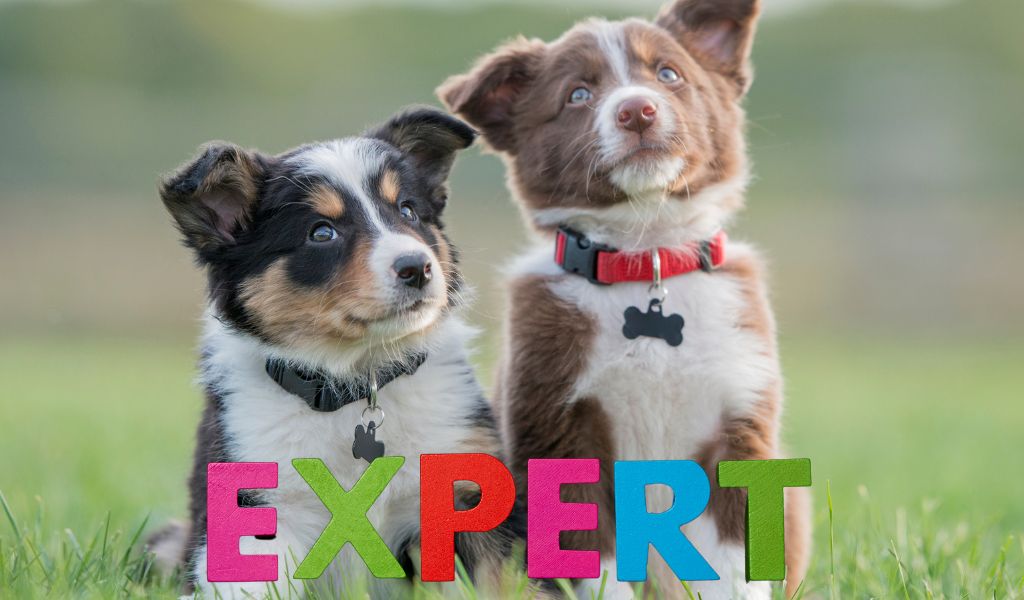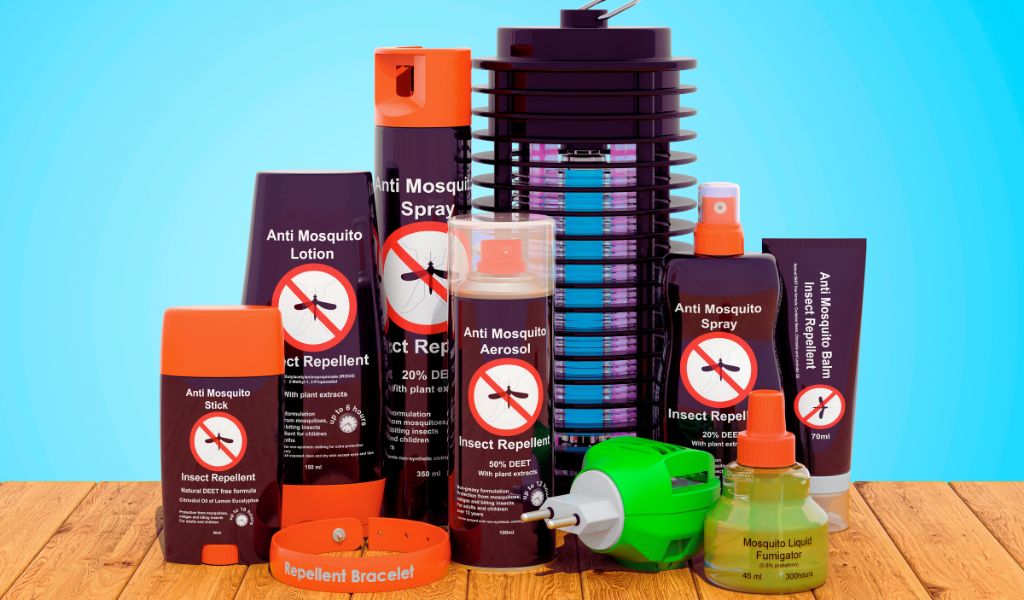Every dog lover knows that puppies are the best. They’re cute, cuddly, and playful, and they make everyone happy.
But what do you need to know in order to take care of a puppy?
This post will tell you everything you need to know about puppies, from how to feed them to how to walk them.
We’ll also cover basic training and common problems that puppies experience.
Puppies are great fun but many people forget that they are baby dogs and need special care and attention. With some basic knowledge, you can make sure that your pup grows up healthy and happy.
What is the right puppy breed for you?
When choosing a dog breed, it is essential to take all factors into account.
The right breed could bring years of joy and companionship, while the wrong breed could cause controversy and heartache.
First, consider size: do you have room in your home and yard for a more substantial canine, or should you look at toy breeds?
Then, think about exercise needs: some breeds need hours of activity each day while others will be more content with short daily walks.
Finally, review temperaments to understand expected energy levels and attitudes toward people and other animals.
Be honest with yourself regarding what type of dog you are capable of caring for throughout its lifespan — this will help narrow down the possible breeds significantly.
Once you have an idea of which breeds interest you, talk to professionals such as veterinarians, shelters, or trainers to make sure that it is indeed the puppy for you.
By researching and talking to experts, you can find a dog who brings comfort and joy into your life for years to come.

How do you choose a puppy
Deciding on a puppy is an exciting time, but it’s important to remember that this addition to your family will be part of your life for many years.
To choose the best fit, start by doing some research into breeds prior to visiting any breeders.
Be sure to consider how much exercise and grooming each breed will require, as well as their individual temperaments.
Once you’ve narrowed it down to several options, look for reputable breeders with healthy puppies who have been socialized properly.
Ask lots of questions when you visit and observe how the puppy interacts with its siblings – a shy or aggressive puppy is likely not a good choice.
Finally, take the time to ensure there’s a bond between yourself and the puppy before making a decision – feeling connected and comfortable with one another is essential for fostering trust and companionship in the long run.
With these tips guiding your selection process, choosing the perfect puppy can be an enjoyable experience.
Health check for your new puppy
One of the first tasks for you as a new puppy owner will be to make an appointment with the vet so that your puppy can be checked over for any potential health issues.
At the appointment, your vet will likely check your pup’s eyes, ears and teeth, as well as its general body condition.
The vet may also want to administer a series of vaccinations if your puppy is not up to date with these.
Puppy health insurance
Veterinary care can be costly and many puppy and dog owners decide to arrange insurance cover for their pets to help with these costs.
Puppy insurance usually covers any treatment that your pup may need as well as accidents, illnesses and other issues.
There are numerous providers and many vets will work with certain companies. So ask your vet if you are struggling to find a suitable option.
It is also important to read the small print of any policy carefully before you sign up so that you are aware of exactly what is covered.
Feeding your puppy
Proper nutrition is essential for a healthy puppy and the range of puppy foods can be confusing and intimidating to a new dog owner.
It’s always advisable to feed the same food that the puppy has eaten during his time with the breeder and a good breeder will provide you with a supply of this, along with advice on where and how to obtain it.
You can also talk with your vet to figure out how much food and what type of food you should feed your puppy.
There are different types of food available, such as dry, canned, and raw food.
If possible, make sure the food has natural ingredients and no artificial colours or flavours.
Also make sure that you are giving them the right amount as puppies can easily become overweight if they get too much.
Suggested puppy foods
No products found.
House training
House training helps dogs learn good house habits by teaching them not to eliminate in the house and helping them adapt to their home environment.
House training is an important part of owning a puppy and it’s best to start this as soon as possible so your pup can learn quickly.
Puppies will have accidents indoors, so be prepared for this and get some carpet shampoo and some rags or sponges to wipe up messes.
It’s important to not become cross or irritated if he has an accident indoors – he’s only a baby and can’t help it.
Start by taking your pup outside every two hours—you can even set a timer if needed—and take them directly to an area where it’s okay for them to eliminate.
Remember also that your puppy will need to use the toilet when he wakes up and often after he has eaten, so be consistent and help him out with this.
As soon as they finish, use a phrase like “good boy or girl” and give them a treat.
Repeat this every time you take them outside.
With patience and consistency, your pup will learn to go in the designated area.
Socialization
Puppies need to be well-socialized so they can interact properly with other dogs and people.
Start by introducing your puppy to new experiences gradually.
Take them on short walks around the neighbourhood, invite friends over for visit, or sign them up for puppy classes where they can learn how to socialize with other puppies.
Visit different places as soon as it is safe for your puppy to go outside and help them to experience different people, animals, smells, sounds and sights.
The more practice your pup gets interacting with others, the more comfortable and confident they will be when meeting new people or animals or when dealing with new situations.

Puppy training
Puppy training is essential for any young dog, as it can ensure that your pup will grow up to be a well-mannered and obedient adult.
Common elements of puppy training include teaching basic commands like sit and stay, as well as introducing your pup to positive reinforcement techniques like food rewards.
These techniques help both you and your pup build a trusting relationship, as your pup knows that good behaviour is rewarded.
This basic training will also provide you with a solid foundation for future work with your puppy if he is going onto more advanced training, such as gun dog work, agility or other.
Additionally, puppy training can also teach dogs how to avoid bad habits such as chewing furniture or barking at the wrong times.
Setting rules and boundaries early helps puppies learn appropriate behaviour in response to certain triggers.
Finally, puppy training helps young pups become accustomed to their environment and reduces stress throughout their development into adulthood.
With some patience and consistency, puppy training can help owners turn their pup into a beloved member of the family.
Common problems
No matter how well you care for your puppy, there are still some common problems that can arise.
These include separation anxiety, destructive chewing, barking, and digging.
To prevent or fix these behaviours, start by understanding why the behaviour is happening in the first place.
For example, if your puppy is barking excessively because they’re anxious when left alone, try to find ways to make them feel more secure when you’re away.
If they’re chewing up things around the house out of boredom or curiosity, provide them with plenty of toys and chewable treats to occupy them.
It’s also important to mention that your vet can be a great source of advice and information.
If you’re worried that your pup may be experiencing any physical or emotional health issues then you should consult your vet.
They can help you diagnose and treat any issues, as well as provide valuable advice on how to manage them.
With understanding, patience, consistency and love, it won’t take long for your puppy to understand the rules of the house – even if he’s only a baby and can’t help it!
Finally, if you ever feel like you’re in over your head, there are also professional dog trainers who can help teach your pup the appropriate behaviour and provide tips and guidance for you as well.
Final Words
Taking care of a puppy is no easy feat. It requires patience, plenty of love, and a whole lot of understanding.
By following the tips we’ve outlined above you can provide your pup with the tools he needs to develop into a happy, healthy and well-mannered adult dog.
Remember that puppies learn best through consistent repetition and positive reinforcement – so don’t be afraid to show your pup lots of affection.
With some dedication and hard work, you can create an enjoyable living environment for both you and your pup.
Read Next
- Can a Puppy Eat Adult Dog Food: Everything You Need to Know
- Can puppies have marrow bones? Things you should know
- Do puppies need water at night?
- How Many Hours a Day Do Puppies Sleep?
- How to become a puppy expert overnight
- How to choose a spaniel puppy. Things to look for.
Last update on 2024-07-27 / Affiliate links / Images from Amazon Product Advertising API











